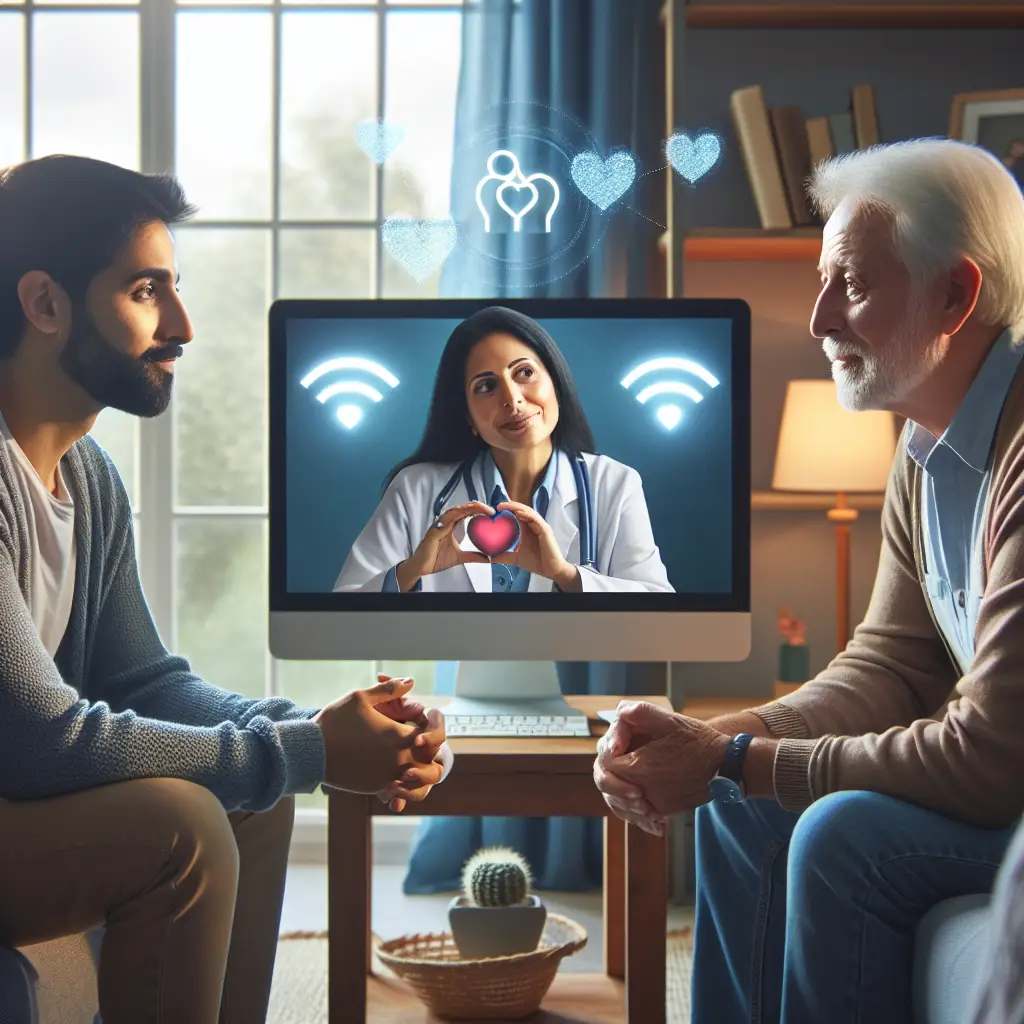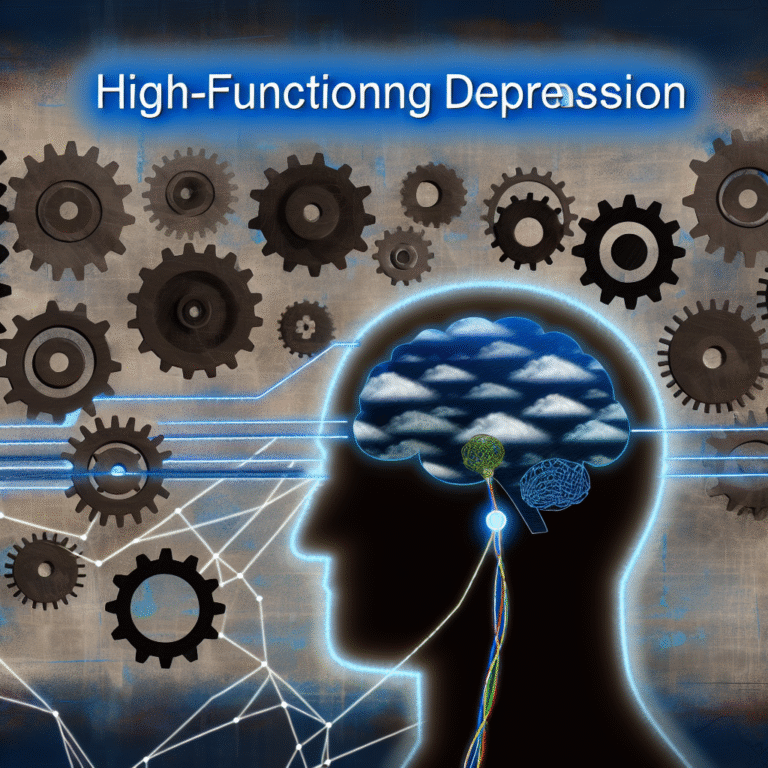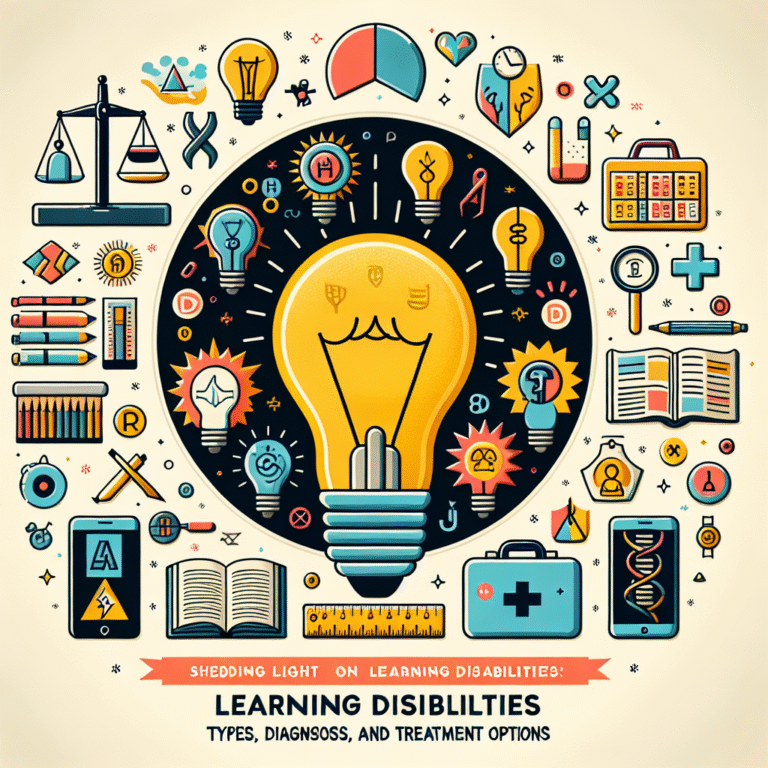
Bridging Hearts: How Online Therapy Can Transform Couples Counseling
Introduction
In an increasingly digital world, traditional methods of therapy are evolving. The backdrop of our lives has shifted dramatically toward online interactions, transforming the ways we connect, communicate, and seek help. Among these changes, online therapy emerges as a beacon of hope for couples navigating the turbulence of relationships. "Bridging Hearts: How Online Therapy Can Transform Couples Counseling" is not just a catchphrase; it represents a profound shift in how couples can access counseling, fostering deeper connections and resolving conflicts in ways that were once unimaginable. In this article, we’ll explore the mechanics of online therapy, spotlight transformative case studies, and illustrate how this modern approach can breathe new life into couples counseling.
Understanding Online Therapy
What is Online Therapy?
Online therapy, often referred to as e-therapy or teletherapy, provides couples with the opportunity to engage in counseling through virtual means—whether via video calls, messaging apps, or online platforms. This method of therapy delivers the same, if not enhanced, therapeutic benefits that traditional face-to-face counseling offers while introducing significant flexibility and comfort.
The Rise of Online Therapy for Couples
The demand for online therapy has surged in recent years, fueled by the accessibility of technology and the increased awareness of mental health. According to a recent survey, 40% of couples reported being open to trying online therapy, showing a shift in attitudes toward mental health services.
Benefits of Online Therapy for Couples
Here are some advantages that make online therapy a transformative option for couples:
- Accessibility: No matter where they are, couples can connect with a qualified therapist.
- Comfort: Counseling occurs in a familiar environment, which can ease anxiety.
- Flexibility: Appointments can fit into busy schedules, reducing cancellation rates.
- Anonymity: For some, the online format presents a less intimidating approach to therapy.
- Diverse Therapists: Couples can choose from a wider pool of therapists who might specialize in their specific issues.
Bridging Hearts: Online Therapy in Action
Case Study #1: Rebuilding Trust After Infidelity
Context: Mike and Sara had been married for ten years when Mike admitted to an emotional affair. Devastated, Sara considered ending the marriage.
Therapeutic Approach: They both agreed to trial online therapy after finding a couples counselor specializing in infidelity. During their sessions, they explored deeper emotional wounds that contributed to Mike’s actions.
Outcome: Through guided communication, they learned to articulate feelings they had never shared before. After six months of online therapy, they emerged stronger, having rebuilt their trust.
Relevance: This case highlights how online therapy can provide safety and convenience during emotionally charged discussions, making it easier to tackle sensitive topics.
Case Study #2: Navigating Long-Distance Relationships
Context: James and Emma found themselves in a long-distance relationship due to career opportunities. They struggled with feelings of isolation and communication breakdowns.
Therapeutic Approach: They utilized a couple’s app that integrated therapy tools with video sessions with a licensed therapist. They were guided to establish communication routines and set mutual goals.
Outcome: By using online tools, they crafted their relationship blueprint, learning to navigate challenges collaboratively.
Relevance: This situation underscores online therapy’s ability to adapt and serve unique relational dynamics, demonstrating its versatility in enhancing communication across distances.
Data and Insights on Online Therapy
| Advantage | Traditional Therapy | Online Therapy |
|---|---|---|
| Accessibility | Limited by location | Available worldwide |
| Comfort | Office setting | Home environment |
| Flexibility | Fixed schedules | Adjustable appointments |
| Cost | Often higher fees | Potentially lower costs |
| Privacy | Public visibility in offices | Private online sessions |
As the table shows, online therapy offers significant advantages over traditional counseling methods, particularly in flexibility and accessibility—factors crucial to effectively supporting couples.
Tools and Techniques in Online Therapy
1. Digital Communication Aids
Many therapists utilize digital platforms that allow couples to interact outside of their sessions. These tools can include exercise worksheets, mood tracking, and video messages, fostering ongoing dialogue.
2. Structured Activities
Engaging in structured activities during online sessions—like role-playing exercises or guided discussions—helps couples practice new communication strategies in real time, enhancing learning experiences.
3. Homework Assignments
Therapists often assign homework, allowing couples to apply strategies learned during sessions, further bridging the gap between therapy and real-life application.
Bridging Hearts: Overcoming Common Challenges in Online Therapy
Digital Divide
Not every couple has equal access to the required technology. It’s essential for therapists to provide alternative solutions for clients who might struggle with this aspect.
Distractions at Home
Therapists can encourage couples to create dedicated space and time for their sessions, ensuring they can focus and engage fully.
Lack of Non-Verbal Cues
Online therapy may reduce some non-verbal cues, but couples can be trained to enhance their communication skills, increasing awareness of verbal versus physical language.
Creating a Successful Online Counseling Experience
Setting Goals
Clear goal-setting helps give direction to therapy sessions. Couples should establish mutual objectives, guiding their pathway through therapy.
Choosing the Right Therapist
Finding a therapist who aligns with both partners’ needs can shape the effectiveness of online therapy. Couples should consider factors such as specialization, experience, and therapeutic style.
Embracing Vulnerability
Online therapy requires dedication and bravery. As couples embrace vulnerability, they can foster deeper connections and lead their therapy journey with sincerity.
Conclusion
“Bridging Hearts: How Online Therapy Can Transform Couples Counseling” shines a light on the modern interventions available for couples facing challenges in their relationships. By leveraging technology, couples can embark on a journey of healing and understanding in a safe and flexible environment.
Reflecting on the real-world applications illustrated by our case studies, it’s evident that online therapy not only accommodates diverse relationship dynamics but also promotes growth, communication, and intimacy.
As couples navigate the intricate pathways of love and partnership, online therapy stands as a powerful tool, delivering vital support and resources. By being open to this new era of counseling, couples can rewrite their stories and turn challenges into opportunities for lasting connection.
FAQs
1. Is online therapy as effective as in-person sessions?
Yes, research suggests that online therapy can be just as effective as face-to-face sessions, especially when both partners feel comfortable with the format.
2. What technology do I need for online therapy?
You usually need a stable internet connection, a computer or tablet with a camera, and a headset or speakers for clear audio.
3. How do we choose the best online therapist for couples counseling?
Look for therapists with experience in couples therapy, read reviews, and consider their therapeutic approach to ensure it aligns with your needs.
4. How often should we attend therapy sessions?
Many couples find that attending weekly or bi-weekly sessions works best, but this can vary based on individual circumstances and therapist recommendations.
5. Can we switch therapists if we aren’t comfortable?
Absolutely. Finding the right therapeutic fit is crucial for effective counseling, and it’s perfectly acceptable to explore other options if you feel it’s necessary.
By embracing online therapy, couples can transform their relationships, fostering deeper understanding and healing. It’s a modern solution for timeless challenges, making love a purposeful journey of connection rather than a struggle of misunderstanding.

















